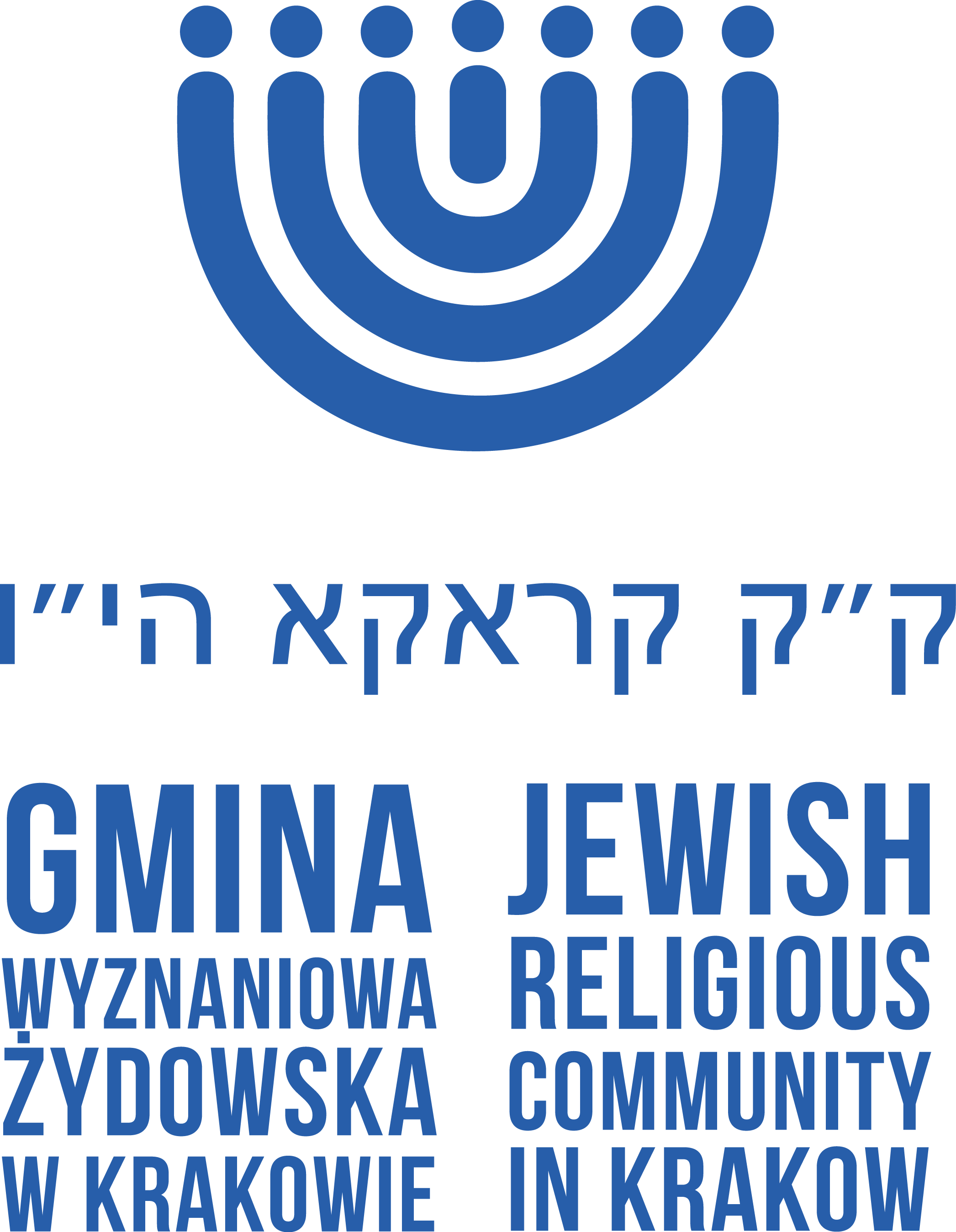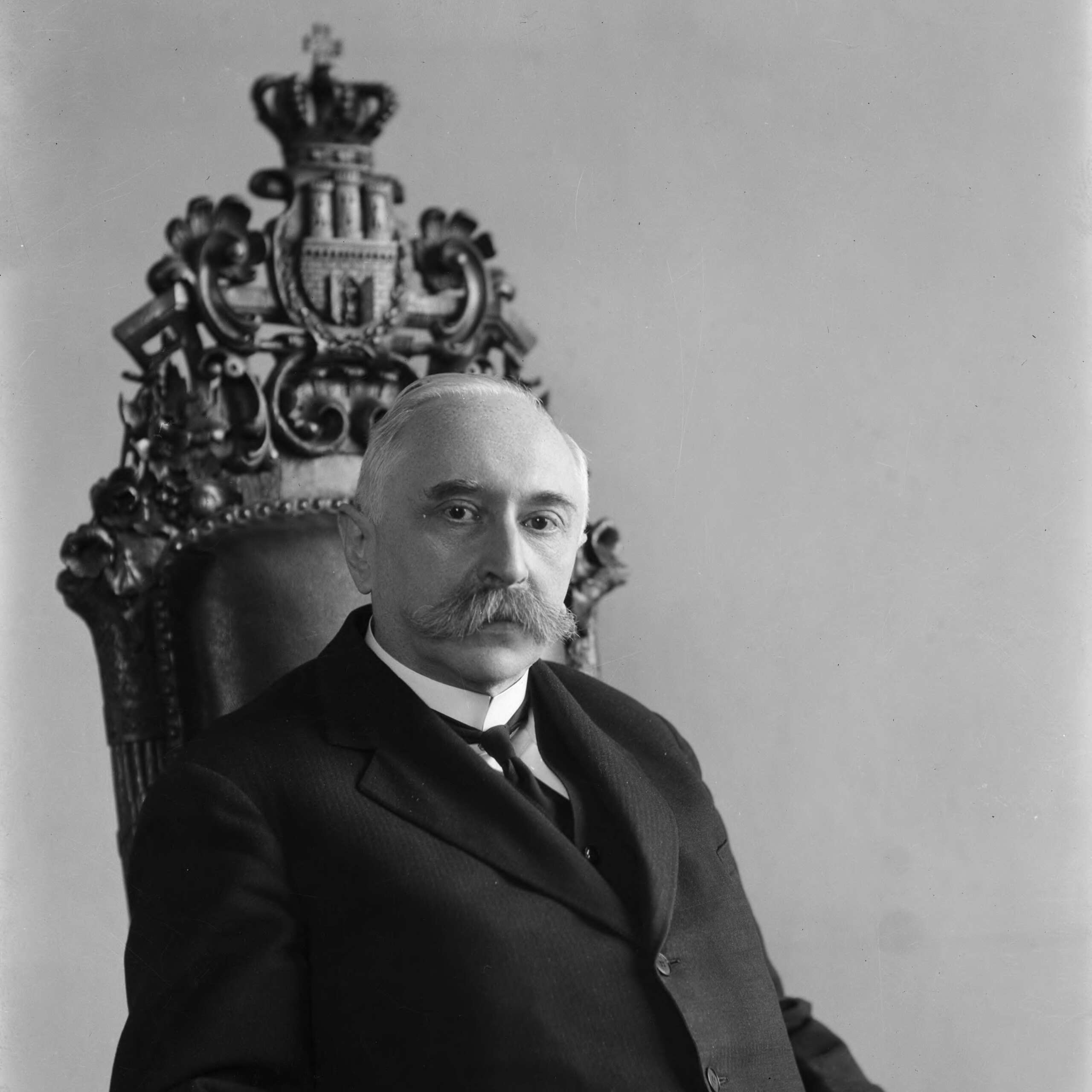Ignacy Landau , son of Mojżesz and Rebeka, née Breiter, was born on 23rd May 1870 in Krakow.
After graduating from St. Jack’s Gymnasium in Krakow (1887) and the Faculty of Law at the Jagiellonian University (1891), Landau obtained his PhD title in 1893. He was a lawyer as well as a Krakow City Councillor (1905-1924, 1926-1934). Ignacy Landau held the position of Deputy Mayor of the city of Krakow three times (1929, 1931, 1933). A supporter of assimilation, a co-founder (together with dr A. Gross) of the Party of Independent Jews, a member of the Polish Democracy Party, a member of the Sejm Krajowy for the Democrats (1908-1913), a representative of the actual equality of the Jewish community, a signatory to the Jewish declaration (August 1914) which supported Poland’s efforts to independence. A member of the Supreme Council of the Unification of the Poles of the Jewish Religious Faith on the Polish Territory (Rada Naczelna Zjednoczenia Polaków Wyznania Mojżeszowego Wszystkich Ziem Polskich), a co-founder of the National – State Union (Unia Narodowo-Państwowa), a member of Solidarity ( ”Solidarność”) and the Krakow division of ”B’nei B’rith”. Ignacy Landau was the initiator of a support commitee for the victims of violent incidents in Drohobycz during the elections for the State Council in 1911. A co-founder and a board member of the Association of Froebel’s Schools in Krakow, an initiator of a hospital for Jewish legionaries founded by the donations provided by the Jewish community, a honorary member of ŻKS ”Makkabi”. A signatory to the plea for the support in building the National Museum in Krakow, as well as a member of the Civil Commitee at the Association of Jewish Painters and Sculptors which was set up in order to ”obtain enough funds to enable the Association to open an Artistic Centre for all kinds of art”. Last but not least, Landau was a member of the Jewish Religious Community in Krakow and was awarded the Knight’s Cross of the Order of Polonia Restituta
Ignacy Landau died on 23rd July 1934 in Krakow. He was buried at the Jewish Cemetery at Miodowa street. The city of Krakow covered all funeral expenses as a way of recognising his merit.
Foto: Muzeum Krakowa


